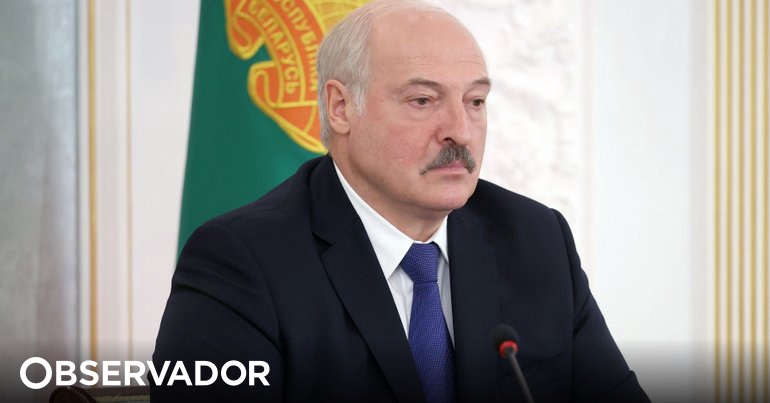I have no doubt that in the category of international figures with a complex mission, António Guterres deserves gold, just think about how the former Portuguese prime minister handled the Byzantine discussions of the powers of the Security Council. But right after the Secretary-General of the United Nations, who heads an organization of 193 members, it is easy for me to mention as one of the candidates for the silver medal the Egyptian Nasser Kamel, the Secretary-General of the Federation. For the Mediterranean (UpM), a great space for dialogue between Europe, the Maghreb and the Middle East, where 42 nations gather around a sea that was once united (at the time our sea from the Romans) but looking at the economic statistics, there is now a gap between two worlds.
I had the opportunity to attend the Sixth Forum of the Organization’s Foreign Ministers in Barcelona, the headquarters of the European Union, which the European Union co-chairs, in the person of the Spaniard Josep Borrell, and Jordan, through the Head of Diplomacy Ayman Safadi. This current co-chair gives a good idea of the extraordinary entity that UpM represents. After all, in the European Union, in addition to many countries bordering the Mediterranean, there are other countries, such as Germany, the Baltic states and even Scandinavia, whose association is with the “sea between the lands” (Latin meaning The Mediterranean Sea) It will be said that today mainly as tourists, and that in the past it was the raids of the Vikings, this is the wealth of the southern lands, but it should not be forgotten that the institution that unites the civil societies on both shores bears the name of Anna Lindh, the former Swedish minister.
Those in the know say that UpM’s greatest achievement is existence. There are organizations with more members and not just the obvious United Nations. For example, the Organization of the Islamic Conference or the African Union has more than fifty members, but in one the religion gathers and unites in the other it belongs to a continent. In the case of UpM, the members are not only diverse in religions, but also from three continents. In other words, participation is an act of will, carried out in 2008 with the Foundation, but born in 1995 from the dialogue known as the Barcelona Process.
UpM is headed by a very distinguished diplomat, a man who has already served as Egypt’s ambassador to the UK and France, and navigates quite easily in the three official languages of the organization, English, French and Arabic, as best I can. . Nasser Kamel was accustomed to dealing with the powerful, he did not lose his connection with the world and I remember meeting him in Lisbon, a few months ago, on a balcony next to the National Museum of Ancient Art. At the time, he warned me that UpM does not directly deal with political issues such as conflicts between countries or the management of the immigration process, but helps solve problems by getting everyone to talk together. For example, Israelis and Palestinians are part of the organization and this means that in addition to the final declaration of the Sixth Forum calling for dialogue for peace, there are projects in the field of development that benefit everyone in one way or another.
The economic integration of the region is a priority for Nasser Kamel, in order to reduce the demographic discrepancy between the two sides, which explains a large part of the phenomenon of immigration, where Europe is seen as an eldorado. But above all, global warming seems to be increasing particularly in the Mediterranean and threatens the region’s 480 million inhabitants (the countries of the Mediterranean Union as a whole are 820 million) above all. In that interview with DN, the Secretary-General stressed that “the Mediterranean is rising 20% faster than the rest of the world; in a very water-poor region, water resources will decrease by 25%; sea level rise – I’m talking about the White Sea The Mediterranean, not the Atlantic – it is expected to reach 1 meter in 2100, making it one of the 20 places most affected by this phenomenon.”
Combating climate change is a global effort. At the Mediterranean level as well, it requires international cooperation, as evidenced by persuading the countries of the South, some of which are major exporters of fossil fuels, to imagine a future with green energy, such as solar energy, for which North Africa and the Middle East have great conditions.
Persuasion in this case means providing technology, financing projects, training scientists, and ensuring markets. In this respect, UpM, an acronym for most unknown Portuguese, plays a key role, through dialogue, as a catalyst for the great Mediterranean tradition, which is the unification of peoples, contrary to the premise of the deterministic 2.4 million square kilometers of this sea moat. Well done, Nasser Kamel.
Deputy Director of Diário de Notícias

“Writer. Analyst. Avid travel maven. Devoted twitter guru. Unapologetic pop culture expert. General zombie enthusiast.”

